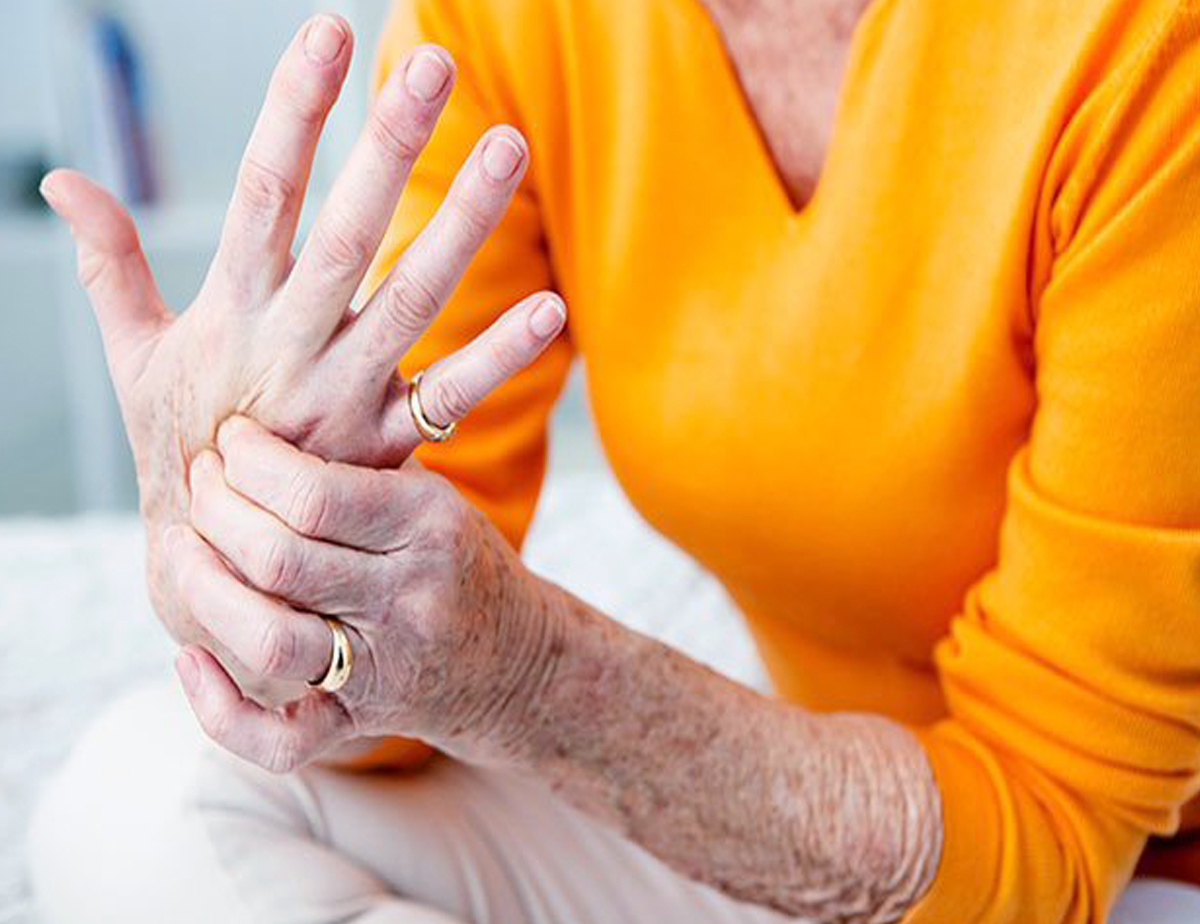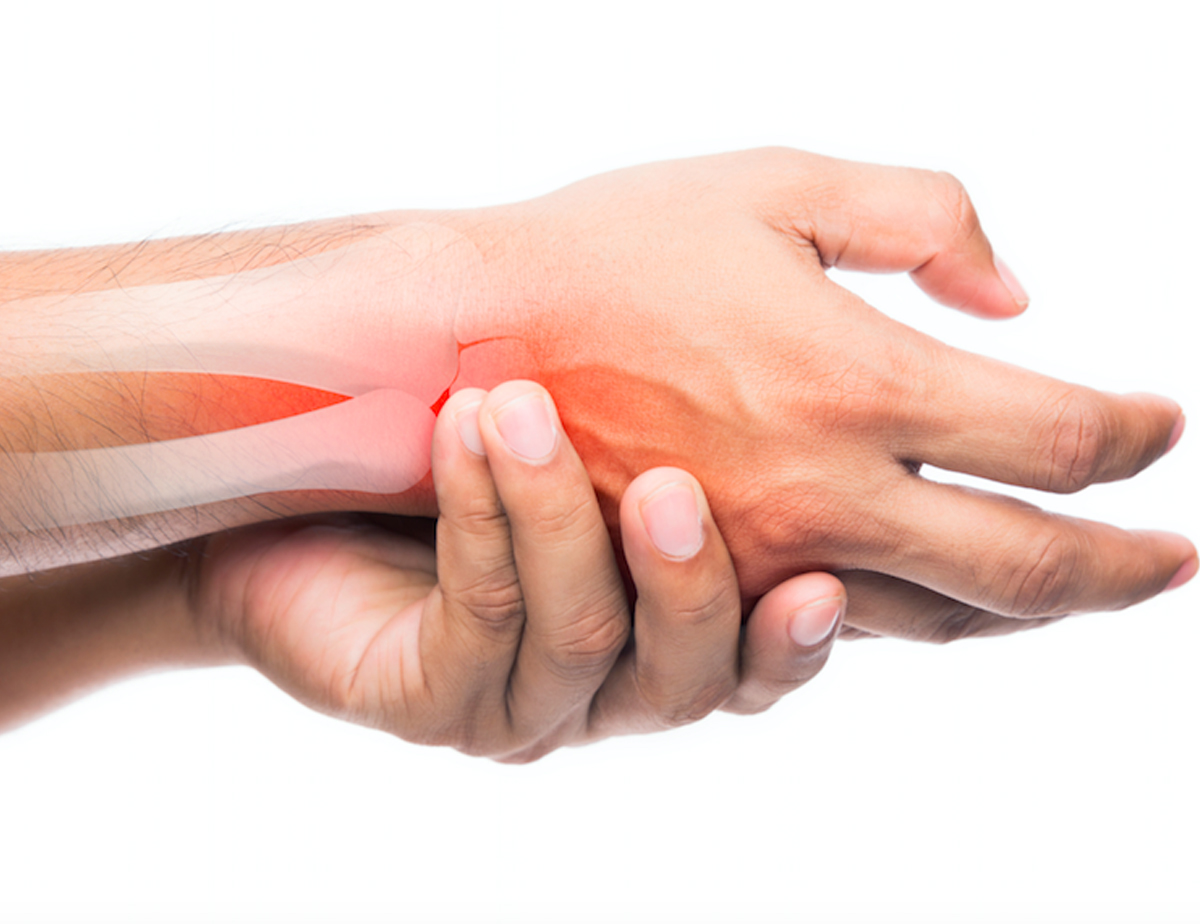Rheumatoid Arthritis (RA), also known as the rheumatoid disease, is a type of inflammatory arthritis and auto-immune condition that causes pain, swelling, and stiffness in joints. It occurs when the immune system that offers the body’s self-defense gets confused and starts attacking healthy body tissues. We going to now by this post some early symptoms for rheumatoid arthritis.
It can affect anyone, regardless of age, and gets worse quickly. Knowing its early symptoms can help you start treatment early. Unfortunately, its symptoms differ from person to person. Some people can have mild or moderate symptoms, while others will have severe symptoms. Whether you are experiencing mild or severe symptoms, you should start treatment as soon as possible. Without treatment, rheumatoid arthritis worsens with time and progresses to other stages. Getting the right treatment on time will help stop rheumatoid arthritis disease progression.
Here are the early symptoms of rheumatoid arthritis. If you are experiencing any or some of the symptoms below, you should talk to your doctor as soon as possible. If the doctor confirms to you that you are suffering from rheumatoid arthritis, you should start treatment immediately.

Early Symptoms For Rheumatoid Arthritis
1. Fatigue
Fatigue is a common symptom in all RA stages, especially when joint inflammation is active. In most cases, fatigue comes weeks or months before the onset of the other symptoms. The main reason for fatigue when dealing with rheumatoid arthritis is the body’s reaction to inflammation, medications, anemia, and poor sleep.
Fatigue associated with rheumatoid arthritis is likely to adversely affect your emotions and mood, sex drive, attentiveness, creativity, productivity, and happiness. If you are experiencing unreasonable fatigue, you should watch for the other symptoms of RA and consult your doctor.
2. Joint stiffness
Stiffness in one or more of your small joints is a common symptom of rheumatoid arthritis. In most cases, RA joint stiffness starts with the joints of your hands. It comes slowly, but in some people, it can start suddenly and affect multiple joints within one or two days.
Morning stiffness that lasts for some hours is also a symptom of inflammatory arthritis. If you are feeling joint stiffness after a long period of napping or sitting, that might be an early sign of rheumatoid arthritis.
3. Joint swelling
Mild inflammation on your minor joints is an early symptom of rheumatoid arthritis. If your joints are appearing bigger than usual and have warmth, that is a common symptom of rheumatoid arthritis. If your joints are puffy and tender, you should visit your doctor for further advice and treatment.
4. Joint warmth
Warmth in joints is a sign of active joint inflammation. If you are feeling warmth when you touch your joints, even when there is no visible inflammation or redness, you should visit your doctor for a diagnosis.
5. Joint redness
Redness is a common symptom of arthritis that occurs when the joints are inflamed. But you need to know that redness will not be present in all the affected joints. Don’t wait until you see redness to get medical attention.
6. A decrease in range of motion
Swelling in your joints will decrease your range of motion. Swelling deforms tendons and ligaments in your joints, making them unstable. If you are experiencing pain when you try to straighten or bend some joints, you should visit your doctor to rule out the cause and start treatment before the condition worsens.

7. Joint pain
Many people get to know they have arthritis when they start experiencing joint pain. If you are experiencing joint pain when resting or moving, you are more likely to be suffering from RA. The pain starts in the wrists and fingers, but you may also experience pain in your feet, ankles, shoulders, or knees.
8. Numbness and tingling
Inflammation on the tendons creates pressure on the nerves around the joint. The pressure exerted on the nerve endings by the inflamed joint tissues can cause tingling, numbness, or a burning feeling in your hands. A crackling or squeak noise from your joints is a sign that your joint cartilage is damaged, and they are grinding against your joints as you move.
Other early symptoms of rheumatoid arthritis include:
- The feeling of malaise or general weakness
- Hard bumps of tissue in your hands
- Inflamed, dry, or itchy eyes
- Eye discharge
- Dry mouth
- Difficulty in sleeping
- Pleurisy (chest pain as you breathe)
- Lack of appetite and weight loss











[…] 8 Early Symptoms For Rheumatoid Arthritis: What RA Feels Like […]
[…] 8 Early Symptoms For Rheumatoid Arthritis: What RA Feels Like […]
[…] 8 Early Symptoms For Rheumatoid Arthritis: What RA Feels Like […]